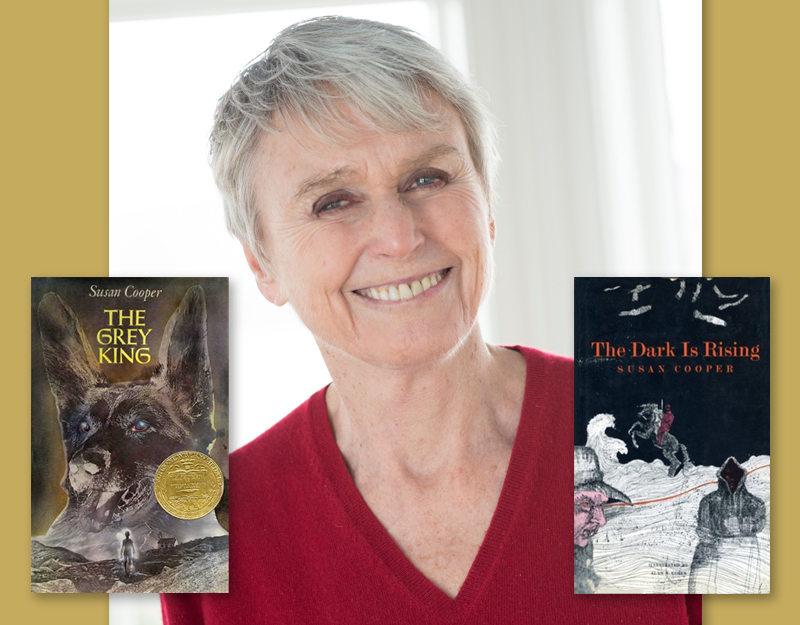Almost Astronauts
I’m going to let the comments on Jonathan’s Party Pooper post rattle on a little longer as I more fully gather my thoughts on When You Reach Me. Meanwhile–
Last year, Sharon and I had a really difficult time identifying nonfiction titles that we thought would bear up in Newbery discussion. (We picked Fleischman’s The Trouble Begins at 8 for discussion, though it didn’t get our votes in the end. Fleming’s The Lincolns and Nelson’s We Are the Ship were strong titles, but were dependent on their overall package–not just text–for their strength.)
This year, I believe we’ll have no problem. Here’s just one example.
Last weekend, catching up on my to-read pile, I tackled Mission Control: This is Apollo and Almost Astronauts side by side. While the former is certainly a good read, there was nothing that stood out stood me in the text that cried "distinguished!" Thus it was that all of a sudden two hours later, rising my head from the thrall of Almost Astronauts to respond to the desperate hunger pangs of my poor stomach, I realized I’d come across just that.
ADVERTISEMENT
ADVERTISEMENT
How do you write an engrossing story about something that failed to happen? I’m not sure, but Stone has done it. Her journalistic tone respects the facts as well as the audience. She understands how to weave setting, exposition, and analysis to keep the reader’s perspective fresh and involved. And she gives her reader the benefit of full documentation of her quotations and references.
She does this with literary cunning that shouldn’t be lost on the aspiring-writers among her audience. Here’s an example on page 55 of the ARC. "August 1961. Here are the bare facts." She then lays out a number of sequenntial facts, but titles them "Domino number one," "Domino number two," etc. "Bare fact" suggests objectivity; but the context of linking them as causal "dominoes" is a subjective trick that implies disaster coming. She doesn’t try to hide this analysis–she gets right into it: "This explanation is clear, simple, straigthforward–and fairly meaningless….And that is where the story of the ‘almost astronauts’ gets deeper and darker."
I believe this is an example of the best kind of interpretation-of-events that is "history" in literature for kids. What are your thoughts?
(For interest, read Stone’s article in SLJ about the writing of this book, as well as thoughts from Marc Aronson.)
Filed under: Uncategorized
About Nina Lindsay
Nina Lindsay is the Children's Services Coordinator at the Oakland Public Library, CA. She chaired the 2008 Newbery Committee, and served on the 2004 and 1998 committees. You can reach her at ninalindsay@gmail.com
ADVERTISEMENT
ADVERTISEMENT
SLJ Blog Network
One Star Review, Guess Who? (#202)
This Q&A is Going Exactly As Planned: A Talk with Tao Nyeu About Her Latest Book
Exclusive: Giant Magical Otters Invade New Hex Vet Graphic Novel | News
Parsing Religion in Public Schools
Take Five: LGBTQIA+ Middle Grade Novels
ADVERTISEMENT








This book has already won a Boston Globe-Horn Book Honor Award and I think it could contend for the Sibert and Printz Awards as well as the Newbery. I, too, was struck by the passion of Stone’s writing.
I found it enlightening to read MISSION CONTROL and ALMOST ASTRONAUTS side by side. The structure of MISSION CONTROL is very effective — it makes each mission’s details and goals clear and distinct while highlighting the cumulative nature of the endeavor. I think it’s a great book.
But it’s hard to look at those events (and people) the same way after reading ALMOST ASTRONAUTS. Stone’s investigation uncovers a *deliberateness* to the omission of women in the space program that is hard to ignore once it’s been illuminated so clearly and with such fervor. Stone’s readers’ views on the significance of accomplishments detailed so effectively by Chaikin may not change, but they might be spurred to think more deeply about what’s taken for granted as history.
Elissa, thanks for expanding on my comparison, which did ill service to MISSION CONTROL. I agree it is a great book.
too didactic?
I enjoyed Almost Astronauts, but I felt like the Stone hammer the point of injustice far to hard. The text was best when she was describing the actual testing (particularly the descriptions of the water tank isolation tests). [side note: I wish Stone had provided charts of some of the data collected in these tests, possibly side by side with the data from the Mercury tests. She claims again and again that the women featured did as well or better than the men I just wish she could have shared more of the actual results]. I know committee members can’t compare books from pervious years, but since this isn’t the committee, I think it is ok to consider Almost Astronauts along side last year’s We Are the Ship.
For me, the strength of Nelson’s writing was his use of voice in conveying the personal feelings and hardships of his subjects through the entirety of the negro league experience. Stone’s narrative however, seems to want to be both an objective account of events and persons, as well as a passioned cry for recognition of the misdeeds committed against these would be heroes. Roger’s post today mentions that the Newbery criteria explicitly states the award is not “for didactic intent”. Does this mean that you cant give an award based on the worthiness of the subject matter? Or does it mean that books with overtly didactic messages should not be considered? I am 100% sure that Almost Astronauts is overtly didactic, but I do think the message sometimes clouds the writing.